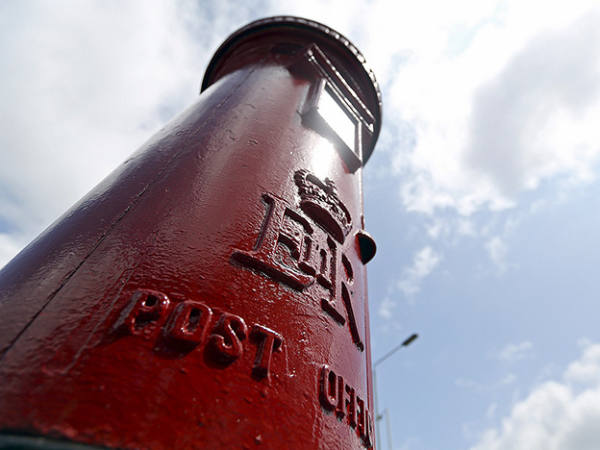UK commercial property returns were dire in 2012 as returns fell by around 3 per cent. And total returns for the sector over a five-year period were a measly 0.5 per cent a year on average. It doesn't sound great, but experts from Legal & General believe now could be a good time to invest as return prospects are perking up for 2013.
Total returns will be dominated by income returns, which are currently around 6 per cent. Legal and General's research director, Rob Martin, predicts this will rise over the course of the next 12 months.
'Risk-on' assets such as equities have already seen the benefits of loose monetary policy, he explains, and he is confident commercial property could be next.
Comforting news to investors is that prices are becoming more stable thanks to an easing in commercial property credit markets and values are still sitting at 30 per cent below crisis levels. Mr Martin also claims UK banks seem much more willing to lend to commercial property in recent months, which should also help the market as a whole to stabilise.
And the news has given Mike Barrie, director of property fund management at Legal and General, the confidence to inject a higher level of risk into his funds through buying more of what he calls "secondary" properties. These are basically cheaper and less desirable than 'prime' spots in the best areas in London, for example. It's from these secondary properties that he believes the growth will come.
Secondary properties offer a much higher yield than prime and Mr Barrie has just bought up some industrial units in the Midlands that give an impressive 9 per cent yield. The key is buying cheap and then managing the property aggressively and working towards a better yield
But commercial properties to be avoided like the plague are so-called "trophy assets". These are properties in exclusive areas such as Mayfair, Covent Garden and St. James's Park. "They're all about the glossy brochures," says Mr Barrie. "They're mainly bought by foreign investors, but this makes them very expensive so we don't compete. Properties like this only yield around 4 per cent and that's a huge sacrifice to make."
Should I invest in commercial property funds?
Mr Barrie's top advice is to make sure you know the market before you invest, so ensure you do your research. Funds like these are designed for long-term investors and he suggests a buy-and-hold period of at least three to five years. If you're a high-net-worth investor with at least a moderate risk appetite a commercial property fund might be a good addition to your pension fund portfolio. You can find recommendations for property funds in the IC Top 100 funds.
Rob Martin's top practical tips for investing in commercial property funds
■ Stability of management team and platform: Property is a long-term investment. Stability of the management team and of the wider management platform is key to delivering returns for investors.
■ Asset management discipline: in property, the manager can change the nature of the investment, through re-letting assets to different tenants or physical alterations which add value. You have to be confident that the managers looking after your money sweat the assets on your behalf.
■ Futureproof: Property is an evolving asset class. As an example, the sustainability profile of assets will increasingly come to have a bottom-line impact on returns, through the implications for capital expenditure, tenant demand and investment pricing. You need to have confidence that the managers understand these future trends and are taking action to make sure they take advantage of them.
Commercial property investment trusts for your portfolio
If you're keen on getting exposure to commercial property, investment trusts are also worth a look and could be a good alternative to the unit trusts available on the market. The advantage many of them have is that they are geared, which means the returns on these funds will be magnified if the market does recover this year. Equally, if it flags, investors with money in geared funds will be even more disappointed as their money will have deflated further - so these funds are a riskier idea.
Rob Jones, alternative funds and real estate analyst at Liberum Capital, believes commercial property is in for a slow recovery this year, but is more bearish than Legal & General. He says the banks are still not keen on lending and doesn't expect investors to reap decent returns until 2014.
He likes F&C Commercial Property Trust (FCPT). It is 23 per cent geared and has a high weighting towards London and a predicted upside for this year of 11.4 per cent. Its manager, Richard Kirby, is particularly good at selling expensive assets and buying higher-yielding stocks.
Another on his 'buy' list is Standard Life Investments Property Income Trust (SLI). By buying up cheap properties with just half a year on their lease he says this is a fund that has always paid a sustainable dividend yield. It's 45 per cent geared and is a pick for investors who want to take a bit more risk.
He also likes TR Property Investment Trust (TRY), which is unusual in that it is a fund of funds that invests in listed property companies. It is only 10 per cent geared but has a very good track record.
Watch out for our special report on commercial property in the issue dated 8 March.











